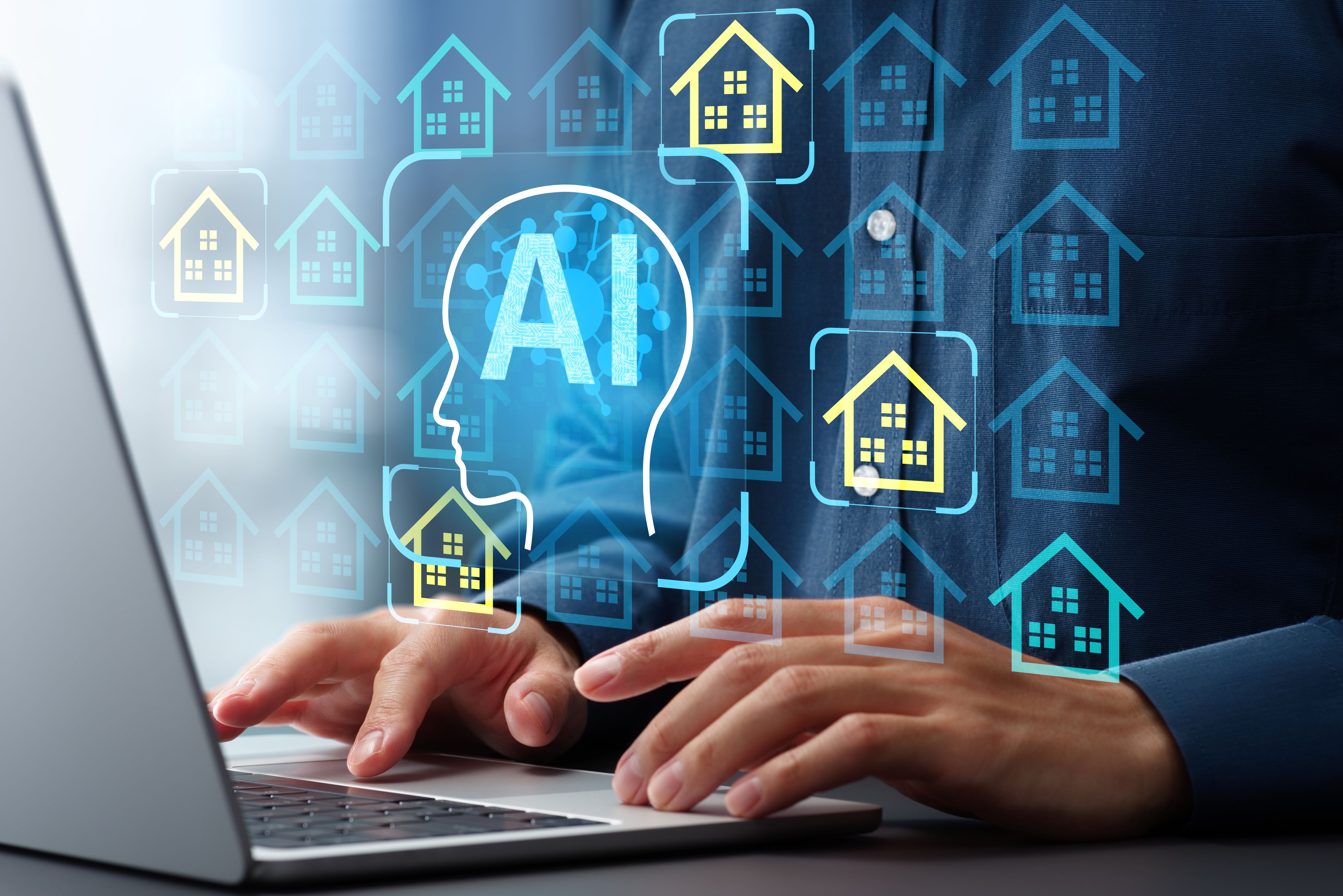The Rise of AI in REO Asset Management
The Evolution of AI in Real Estate Owned (REO) Asset Management
The real estate sector has experienced substantial transformations over the past decade, and one of the most significant advancements is the integration of Artificial Intelligence (AI) into REO asset management. As financial institutions and asset managers seek to optimize operations and enhance decision-making, AI offers myriad possibilities for improving efficiency and accuracy.

Streamlining Data Management
Data is the backbone of effective REO asset management. Traditionally, managing vast amounts of data from various properties was a cumbersome process. With AI, data management becomes more streamlined, allowing for quicker and more precise analysis. AI-driven systems can automatically collect and organize data from numerous sources, providing asset managers with a comprehensive view of their portfolios.
Moreover, AI tools can identify patterns and trends within the data that might not be immediately apparent to human analysts. This capability enables managers to make informed decisions regarding property valuations, market trends, and investment opportunities.
Enhancing Property Valuation
Accurate property valuation is crucial in REO asset management, and AI is revolutionizing this aspect by leveraging machine learning algorithms. These algorithms can assess a wide range of factors, including market conditions, property characteristics, and historical sales data, to provide more precise valuations.

By utilizing AI for property valuation, asset managers can reduce the risk of undervaluing or overvaluing properties, thereby optimizing profitability. Additionally, AI can continuously learn and adapt to new data, ensuring that valuations remain relevant in fluctuating market conditions.
Improving Risk Assessment
Risk assessment is another area where AI is making a significant impact. By analyzing vast datasets, AI can identify potential risks and predict future challenges that may affect REO assets. This predictive capability allows asset managers to implement proactive strategies to mitigate risks before they escalate.
- Identifying market volatility
- Assessing credit risk
- Predicting maintenance costs
Optimizing Asset Disposition
The disposition of REO properties—selling them to recover losses—can be optimized through AI insights. AI systems can analyze buyer behaviors, market demand, and pricing trends to suggest the best times and methods for selling properties. This strategic approach can lead to faster sales and better financial outcomes.

Furthermore, AI can assist in automating marketing strategies for asset disposition. By targeting the right audience with tailored messaging, AI can enhance the effectiveness of marketing campaigns, increasing the likelihood of successful sales.
The Future of AI in REO Asset Management
As AI technology continues to advance, its role in REO asset management will undoubtedly expand. Future developments may include more sophisticated predictive analytics, enhanced automation capabilities, and deeper integration with other emerging technologies such as blockchain and IoT.
For asset managers willing to embrace these innovations, the potential benefits are substantial. By leveraging AI's capabilities, they can not only improve operational efficiency but also gain a competitive edge in the ever-evolving real estate market.
